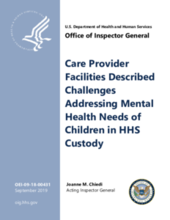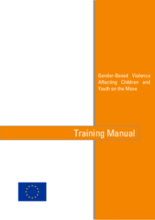Displaying 281 - 290 of 810
This study examined the mediating effects of loneliness in the relationship between social anxiety and life satisfaction. Four hundred and forty two left‐behind children in rural China, who completed the Social Anxiety Subscale, UCLA Loneliness Scale, and Satisfaction with Life Scale, participated in the study.
The present study examines the influences of migration on the health of left-behind children in China and the mediating channels, using data from a new nationally representative survey.
This article summarises the policy and research literature on the mental health needs and experiences of unaccompanied asylum-seeking children (UASC) in the UK, with the aim of suggesting how to enhance practice and improve outcomes for this vulnerable group.
This paper examines whether children and main caregivers of overseas migrant fathers have fewer or more mental health symptoms compared to those of non-migrant fathers.
This article examines whether children under age five whose household receives remittances are more likely to utilize higher quality healthcare providers than those without remittances in Cambodia, a country with high rates of migration and a pluralistic health system.
In the present study, focused on Latin American migrant women, transnational ties are considered a protective factor of family functioning, conditioned by premigratory variables. The working hypothesis is that increased frequency of reunited mothers' communication with and remittances to their children during the period of separation prior to the reunion will be linked to better communication, cohesion, flexibility, satisfaction, and family resources, according to the reunited mothers' perception.
This review synthesises and examines the limited published literature on the impact of traumatic refugee experiences on the mental health and development of Unaccompanied Refugee Minors (URMs).
The purpose of this paper is to address how young unaccompanied refugees in Norway actively engage in interpersonal relationships.
The authors of this review from the U.S. Office of Inspector General conducted qualitative analysis to identify the most significant challenges that facilities faced in addressing the mental health needs of children in the Office of Refugee Resettlement (ORR) custody.
The focus of this training is on building the knowledge and capacity of care professionals from Greece, Belgium, Malta and Romania to prevent, identify and respond to gender-based violence (GBV) affecting children and youth on the move, including unaccompanied minors.


